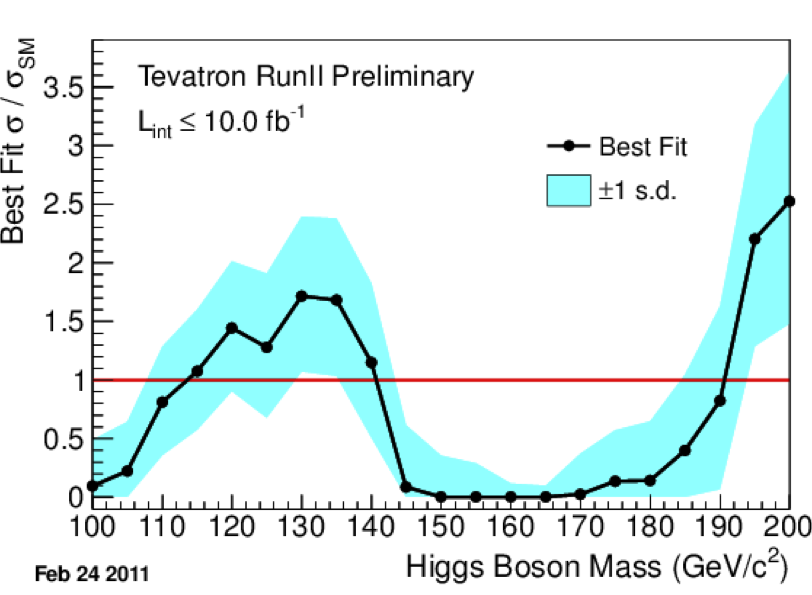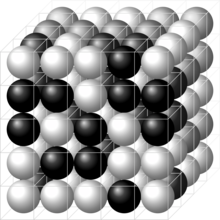ICARUS measures subluminal neutrinos
Posted by David Zaslavsky on
Courtesy of Sean Carroll at Cosmic Variance (and many other sources, but this is the one I happen to like linking to), the ICARUS experiment has performed a direct measurement of the speed of neutrinos coming out of CERN, and they’ve found it to be exactly consistent with the speed of light. This is hot off the physics presses, so to speak; the paper was posted on arXiv just yesterday. CERN has updated their press release with the latest information.
The neat thing about the ICARUS result is that they use the same neutrino beam as the OPERA experiment. The same neutrinos can’t be traveling at two different speeds, so clearly one or the other of these results is wrong. Given that the OPERA team has already identified a couple of construction errors in their detector, and their result was the wacky one anyway, this pretty much settles the problem with the apparent faster-than-light neutrinos: they don’t exist. It was just a detector malfunction, not any sort of strange physics.
Of course, most physicists were pretty confident that this was the case all along, but you can never be sure that something is wrong with your experiment …

